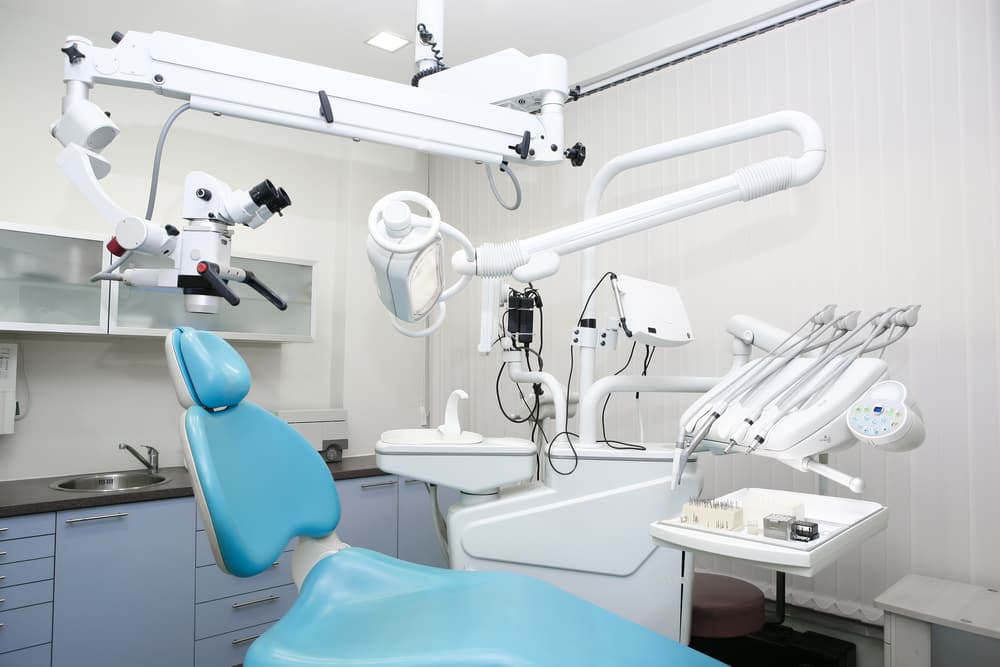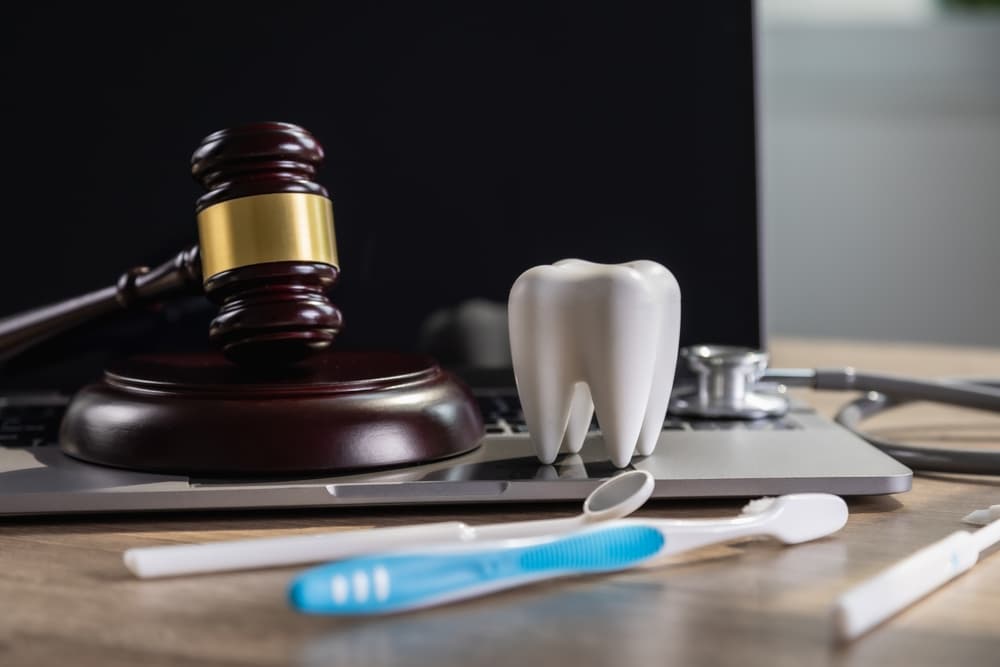How to Buy a Dental Practice
Buying an existing dental practice can be an excellent opportunity if you’re a dentist looking to expand your practice or venture into new territory. It allows you to skip the challenges of starting from scratch while tapping into an established patient base and infrastructure.
But before you jump into the process, you must understand the complex process involved and seek the assistance of a dental business attorney to ensure a smooth and successful transaction.
Why Might You Want to Purchase an Existing Dental Practice?

There are several reasons why dentists consider purchasing an existing dental practice instead of starting their own. The most significant advantage is the ability to hit the ground running.
By acquiring an established practice, you immediately gain access to an existing patient base, operational systems, equipment, and trained staff. This allows you to save time and effort, jumpstarting your success in the dental industry.
Additionally, purchasing a dental practice can provide the opportunity to expand your business. If you want to grow your practice quickly, buying an existing practice in a different location can help you establish a presence in a new area without starting from scratch. It also allows for potential economies of scale and increased revenue generation.
Benefits of Acquiring a Dental Practice
When you buy a dental practice, you inherit a range of benefits that can contribute to the success of your business.
Here are some key advantages:
- Established patient base: Purchasing an existing dental practice means gaining access to an established patient base. This eliminates the uncertainty and challenges of building a patient roster from scratch. With an existing patient base, you can immediately start generating revenue and focus on providing excellent dental care.
- Trained staff: An existing practice often comes with a team of experienced and skilled staff members familiar with the day-to-day operations. Having a competent team in place allows for a seamless transition and minimizes disruptions to patient care.
- Operational systems: Buying a dental practice means acquiring operational systems and processes already in place. This includes billing and record-keeping systems, scheduling procedures, and marketing strategies. These established systems provide a solid foundation for your practice and can save you time and effort in setting up your own
- Physical infrastructure: Purchasing a dental practice often includes acquiring the office space, dental equipment, and furniture. This eliminates the need to invest in these items separately and allows you to start providing dental services immediately.
- Reputation and goodwill: An existing dental practice has a reputation and goodwill within the community. Patients already trust the practice and have established relationships with the dentists and staff. This can lead to a higher patient retention rate and a smoother transition.
Due Diligence Before Buying Another Practice
Before buying a dental practice, your attorney must conduct thorough due diligence to ensure you make a sound investment.
Here are some key steps to consider:
- Financial analysis: Review the financial records of the dental practice to assess its profitability and financial health. This includes analyzing revenue, expenses, and any existing debts or liabilities. You must know the financial viability of the practice before making a purchase.
- Legal and regulatory compliance: Ensure that the dental practice complies with all applicable laws and regulations. This includes licensing requirements, permits, insurance coverage, and adherence to healthcare privacy laws. A dental business attorney can navigate the legal process and ensure compliance.
- Patient analysis: Evaluate the patient demographics and characteristics of the practice’s existing patient base. Assess if they align with your target market and identify any potential opportunities or challenges. Understanding the patient base will help you determine the practice’s growth potential.
- Physical condition and equipment: Conduct a thorough inspection of the office space, dental equipment, and furniture to assess their condition. Determine if any repairs or upgrades are necessary and consider the associated costs.
- Staff assessment: Evaluate the skills and experience of the existing staff members. Determine if their expertise aligns with your needs and if they are suitable for the transition. This includes analyzing their employment contracts and understanding any potential liabilities.
- Market analysis: Conduct market research to assess the competition, demand for dental services in the area, and potential growth opportunities. Understanding the market dynamics will help you make an informed decision about the practice’s viability.
Possible Complications When Purchasing a Dental Practice
While buying a dental practice can be a great opportunity, a lawyer can explain the potential challenges and complications that may arise.
Some common issues dentists may encounter include:
- Hidden liabilities: There may be undisclosed liabilities, such as pending lawsuits, outstanding debts, or contractual obligations, which can significantly impact the value and viability of the practice.
- Declining patient base: The practice’s patient base may be declining due to various factors, such as ineffective marketing strategies or a poor reputation. Assessing the patient retention rate and potential for attracting new patients is crucial.
- Outdated technology: If the dental practice has outdated or inadequate technology and equipment, it may require significant investments to bring it up to industry standards. This can affect your profitability and the quality of care you can provide.
- Staff turnover: In some cases, the existing staff members may not transition smoothly or may choose to leave the practice. This can disrupt patient care and require additional hiring and training efforts.
Why You Need a Dental Business Attorney From the Start

Navigating the process of buying a dental practice can be complex and overwhelming. Having a dental business attorney by your side from the start ensures that you have the necessary legal guidance and experience. Here’s why you need their support:
Legal experience
A dental business attorney knows the legal aspects of buying and selling dental practices. They understand the specific regulations and requirements in the dental industry and can ensure compliance throughout the transaction.
Contract review and negotiation
Your attorney will review all the legal documents involved in the transaction, including purchase agreements, employment contracts, and leases. They will negotiate on your behalf to protect your interests and ensure favorable terms.
Due diligence support
A dental business attorney will conduct thorough due diligence to identify any legal risks or issues associated with the dental practice you’re considering purchasing.
Liability protection
Your attorney will assess the potential liabilities associated with the dental practice and advise you on strategies to mitigate risk. They will explain the legal implications and protect your interests throughout the process.
Transition planning
A dental business attorney can assist with developing a comprehensive transition plan, ensuring a seamless transfer of patient records, contracts, and licenses. Their experience will minimize disruptions to patient care and business operations.

Discuss Options With a Dental Business Lawyer Today
Buying a dental practice can transform your dental career. However, you need professional legal guidance from start to finish. Consult a dental business attorney near you to explore your options.
